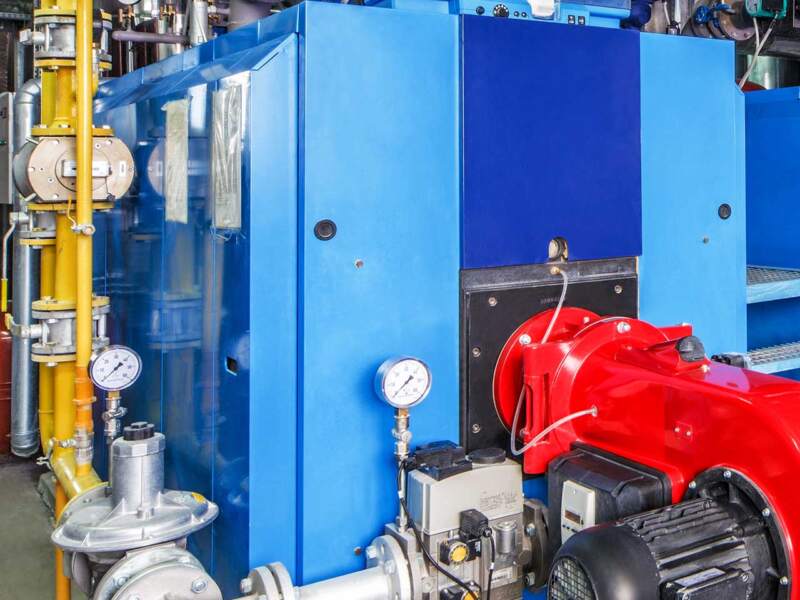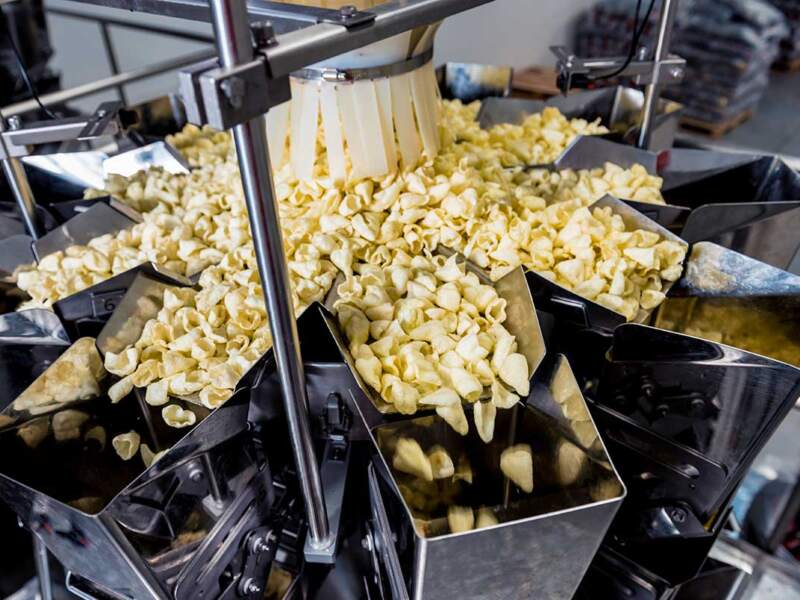Process Heating: Importance of Good Design, Installation, and Maintenance
Process heating is a critical aspect of manufacturing and industrial operations, involving the application of heat to materials as part of a production process. It plays a key role in industries such as chemical processing, food and beverage, pharmaceuticals, oil and gas production, paint drying systems and furnaces. Whether it is used to melt, dry, cook, cure, or harden materials, process heating is essential for achieving the desired properties and performance of finished products.
What Is Process Heating?
Process heating refers to the controlled application of heat in industrial settings using equipment such as ovens, furnaces, heaters, incinerators & boilers
Industrial process heating systems are designed to meet specific process requirements including temperature, timing, and consistency for a wide range of applications. These systems are not one-size-fits-all; they must be tailored to the unique demands of each industrial process. A food processing plant may require gentle, even heating to avoid scorching, while a metal forge might need rapid, high-temperature heating for shaping or hardening materials.
Importance of Good Design
Good design in process heating systems is vital for operational efficiency, safety, and product quality. A well-designed industrial heating system ensures that heat is delivered precisely where and when it is needed, with minimal energy waste. Factors such as the type of material being heated, temperature range, rate of heat transfer, and desired throughput must all be considered during the design phase.
Effective design also plays a crucial role in energy efficiency. With rising energy costs and increasing environmental regulations, industries are under pressure to reduce their energy consumption and carbon footprint. Industrial process heating accounts for a significant portion of energy use in many facilities, making efficient design a cost-saving and environmentally responsible strategy. Insulation, heat recovery systems, and intelligent control systems can all be integrated into the design to optimize energy use.
Furthermore, safety is a critical consideration. Poorly designed systems can pose serious hazards, such as fires, explosions, and harmful emissions. Good design mitigates these risks through proper material selection, temperature control systems, and fail-safe mechanisms. Read more about our approach to Process Heating Design.
The Role of Proper Installation
Even the best-designed industrial heating systems can underperform or become hazardous if not installed correctly. Proper installation ensures that all components function as intended and that the system integrates smoothly with other processes. This includes everything from correct positioning of equipment to proper electrical and fluid connections, ventilation, and control system setup.
During installation, it is also important to comply with industry standards and regulations to ensure operational safety and legal compliance. Neglecting this aspect can lead to costly downtime, penalties, or even catastrophic failure. Working with qualified and experienced professionals like Fairburn Heating Solutions during the installation phase is therefore essential to maximize the return on investment and minimize potential risks.
Find out more about our experience of installing process heating systems.
Importance of Maintenance
Maintenance is the final piece of the puzzle when it comes to ensuring optimal performance and longevity of industrial heating systems. Without regular upkeep, even the most sophisticated systems can suffer from efficiency losses, safety issues, and unexpected breakdowns.
Routine maintenance tasks include checking and cleaning burners, inspecting electrical connections, calibrating sensors, replacing worn components, and verifying insulation effectiveness. Maintenance also provides an opportunity to identify and address minor issues before they escalate into major problems, helping to prevent unplanned downtime and extend the life of the equipment.
In addition to scheduled maintenance, predictive maintenance techniques using sensors and data analytics are becoming more common. These technologies allow for real-time monitoring of system performance and can alert operators to potential issues before they cause a failure. This proactive approach enhances reliability and reduces operating costs over time.
You can find out more about our approach to process heating system maintenance here.
Conclusion
In summary, process heating is a fundamental component of many industrial operations, enabling the transformation of materials to meet specific production goals. Finding the right company to design, instal, and maintain your industrial process heating systems is crucial to ensure energy efficiency, safety, reliability, and cost-effectiveness.
Investing in these areas will improve productivity, reduce energy consumption, and enhance the overall performance of your industrial heating systems.



